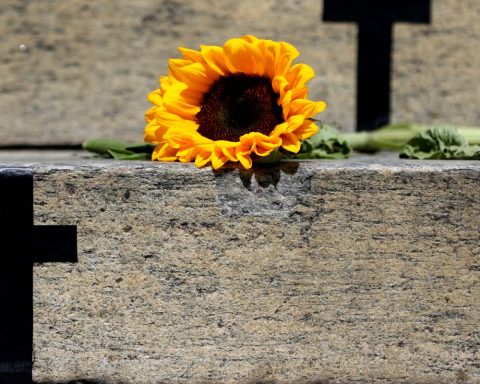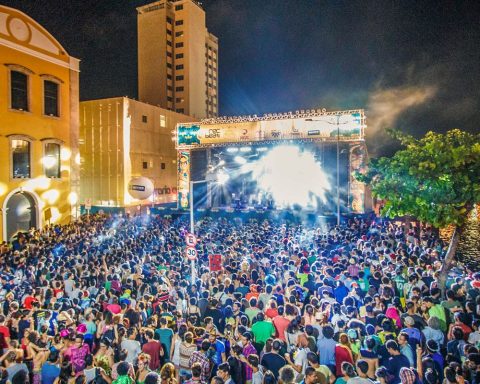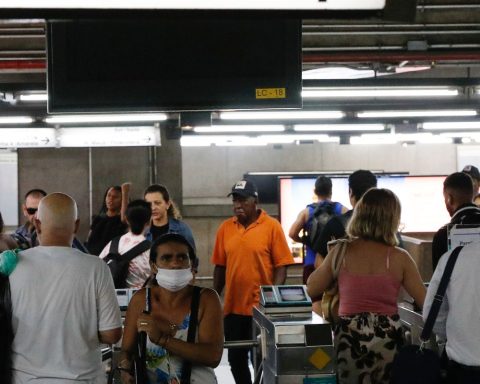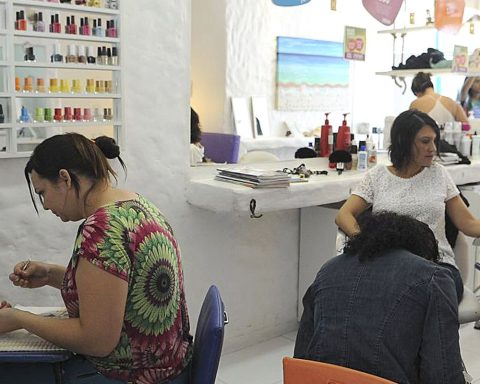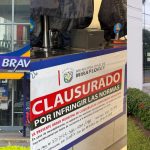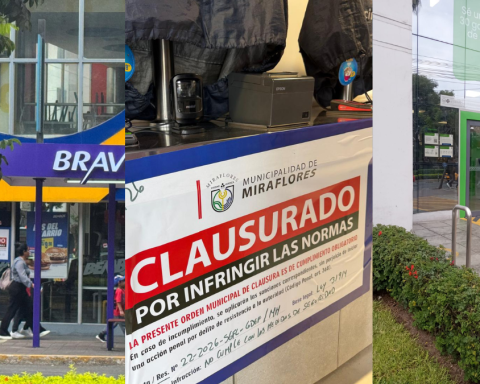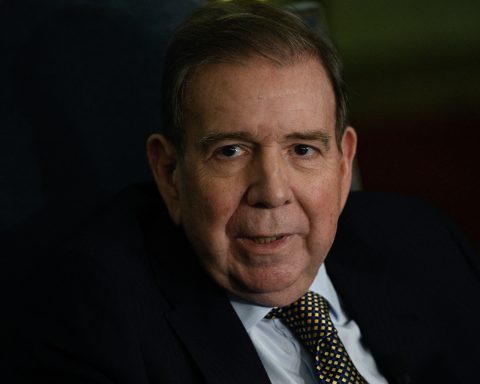The Ministry of Citizenship announced, today (21), the hiring of 203 therapeutic communities that, together, will offer more than 6,300 new places for people who voluntarily seek treatment for chemical dependency.
Qualified entities were selected through Notice No. 17, of 2019, and contracted to provide care services to drug addicts in a residential regime, on a transitory basis, and at no cost to the people they care for.
The announcement was made during a ecumenical ceremony which was attended by the ministers of Citizenship, João Roma, and of Women, Family and Human Rights, Damares Alves, secretaries, parliamentarians such as the government leader in Congress, Eduardo Gomes (MDB-TO), and religious leaders.
According to the national secretary of Drug Care and Prevention, Quirino Cordeiro, with the initiative, the government will finance a total of 17,300 places in therapeutic communities. “There are 6,300 more vacancies. Thanks to the work of Minister João Roma, who managed, in the National Congress, R$ 78 million so that we can continue to increase the number of vacancies – so important for us to reduce the barriers of access for people with chemical dependency to care in therapeutic communities”, said Cordeiro .
Also according to the national secretary, the federal government plans to expand the participation of therapeutic communities in assisting people with chemical dependency, as part of the drug care and prevention strategy.
“We have made progress in working with these communities. We are working in the National Congress. This weekend, I was in contact with the Budget rapporteur, Congressman Hugo Leal [PSD-RJ], and expectations are quite good for us to advance even further, to expand even more, in the next year, the federal government’s funding for therapeutic communities”, added Cordeiro.
According to the Ministry of Citizenship itself, therapeutic communities started to play a more protagonist role in the current federal administration, jumping from 2,900 places financed at the beginning of 2018 to the current 17,300 places contracted. At the beginning of 2018, the entities responsible for the reception centers received R$ 40 million in public funds. Between 2020 and 2021, the folder transferred around R$193.2 million to contracted institutions. Also according to the ministry, more than 80 thousand people received treatment in the communities.
During the event to announce the hiring, Minister João Roma classified the initiative as a “great undertaking” and a “great collective effort to give people hope”. “We need to recognize and increasingly project the work of therapeutic communities that, until recently, needed to work quietly, almost with institutional shame to carry out the brilliant work of saving lives,” said Roma, referring to criticisms of the systematic of work of therapeutic communities, which, in general, are linked to churches. “With the participation of therapeutic communities, we observed that recovering a person who is chemically dependent goes far beyond clinical work.”
The Federal Council of Psychology (CFP) is one of the entities that have repeatedly questioned the performance of some therapeutic communities and the attempt to integrate them into the public social assistance network. On the report which released in 2018, on inspections carried out in institutions across the country, the CFP points out that it found people deprived of liberty against their will and other violations of individual rights, in addition to the lack of proposals for “deinstitutionalization” – that is, exit of the people in the places of care.
The Federal Council of Medicine (CFM), in its Opinion No. 8, from the beginning of December, mentions that welcoming therapeutic communities are a “specific environment to receive drug addicts who voluntarily seek them out to achieve abstinence”, and that they are not medical environments, “but only a therapeutic shelter system”, in which, according to Law 13.840/2019, “any type of hospitalization” is prohibited.

